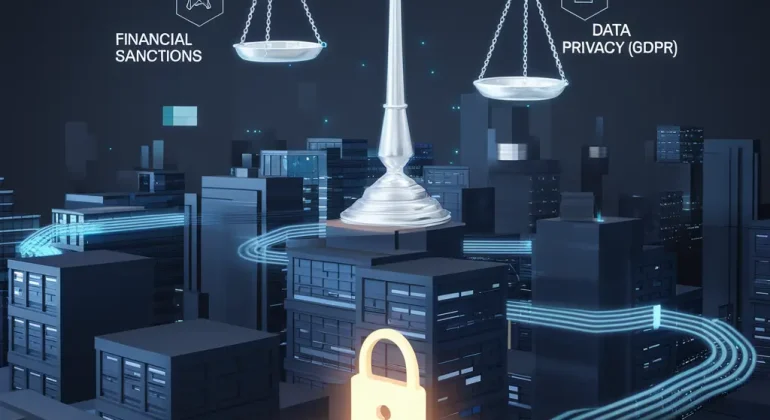The Evolution of UDRP Procedures: What You Need to Know in 2025
The Uniform Domain-Name Dispute-Resolution Policy (UDRP), established in 1999, has been a cornerstone in addressing cybersquatting and domain name disputes . As we move into 2025, it is imperative for trademark owners, legal professionals, and businesses to understand the recent advancements and the anticipated changes shaping this critical mechanism. Awareness of these developments is essential to safeguard intellectual property in an increasingly complex digital environment.
Overview of the UDRP
The UDRP provides a streamlined, cost-effective alternative to litigation for resolving disputes over domain names registered in bad faith. This non-judicial policy is administered by renowned arbitration providers, including the World Intellectual Property Organization (WIPO), and has resolved over 76,000 cases concerning more than 143,000 domain names as of 2023. In 2023 alone, WIPO received a record-breaking 5,616 UDRP complaints, reflecting a 7% increase compared to 2022. Its enduring success lies in its efficiency, typically achieving resolution within 60 days, and its global applicability across multiple top-level domains (TLDs).
Key Developments in UDRP Procedures
Increased Caseload and Efficiency
The number of UDRP cases has surged in recent years, demonstrating the policy’s effectiveness in tackling domain-related infringements. Between 2019 and 2023, the number of cases handled by WIPO increased by 36%, highlighting the growing reliance of trademark owners on this mechanism. Despite this rising caseload, the system continues to resolve disputes promptly, maintaining its hallmark efficiency
Adaptation to New gTLDs
The expansion of the domain name system, particularly with the introduction of new generic top-level domains (gTLDs), has presented challenges and opportunities for the UDRP. The policy has proven adaptable, extending its applicability to these new gTLDs and ensuring that trademark owners can address infringements across a broader spectrum of domain names. In 2023, nearly 30% of UDRP complaints concerned domains registered under new gTLDs such as .xyz, .online, and .shop.
Integration of Electronic Procedures
In response to the digital transformation of legal processes, the UDRP has integrated electronic procedures to enhance efficiency and accessibility. The World Intellectual Property Organization (WIPO) has implemented fully electronic procedures for UDRP cases, eliminating the need for paper filings and streamlining the dispute resolution process. This modernization ensures that the UDRP remains relevant in a fast-evolving technological era.
Proposed Reforms and Future Perspectives
Calls for Financial Penalties
Since 2015, there have been discussions about introducing financial penalties for respondents found guilty of cybersquatting under the UDRP. Proponents argue that such measures would serve as a stronger deterrent against bad-faith registrations. However, critics caution that imposing financial penalties could complicate the UDRP’s streamlined process and potentially deter legitimate claims.
Addressing Privacy Regulations
The implementation of privacy regulations, such as the General Data Protection Regulation (GDPR) in the European Union, has impacted the availability of domain registrant information. This has posed challenges for complainants in identifying and pursuing cases against infringing domain name holders. The UDRP is exploring mechanisms to balance the need for transparency in dispute resolution with compliance to privacy laws.
Conclusion
The UDRP continues to play a pivotal role in protecting intellectual property rights in the digital realm. Its adaptability to increasing caseloads, new gTLDs, and digital processes has cemented its position as an indispensable tool for combating cybersquatting. Nevertheless, ongoing discussions about reforms, including financial penalties and privacy compliance, highlight the dynamic nature of the UDRP and its capacity for evolution.
As we advance into 2025, staying informed about these changes is essential for stakeholders to effectively navigate domain disputes.
Contact Dreyfus Law Firm today to discuss your UDRP dispute resolution needs. With recognized expertise in domain name protection, we assist you at every stage of the process, from identifying infringements to resolving disputes. Thanks to our strategic approach and international network, we help you secure and defend your digital identity against cybersquatting attempts.
Dreyfus Law Firm partners with a global network of intellectual property law specialists.
Join us on social media !


